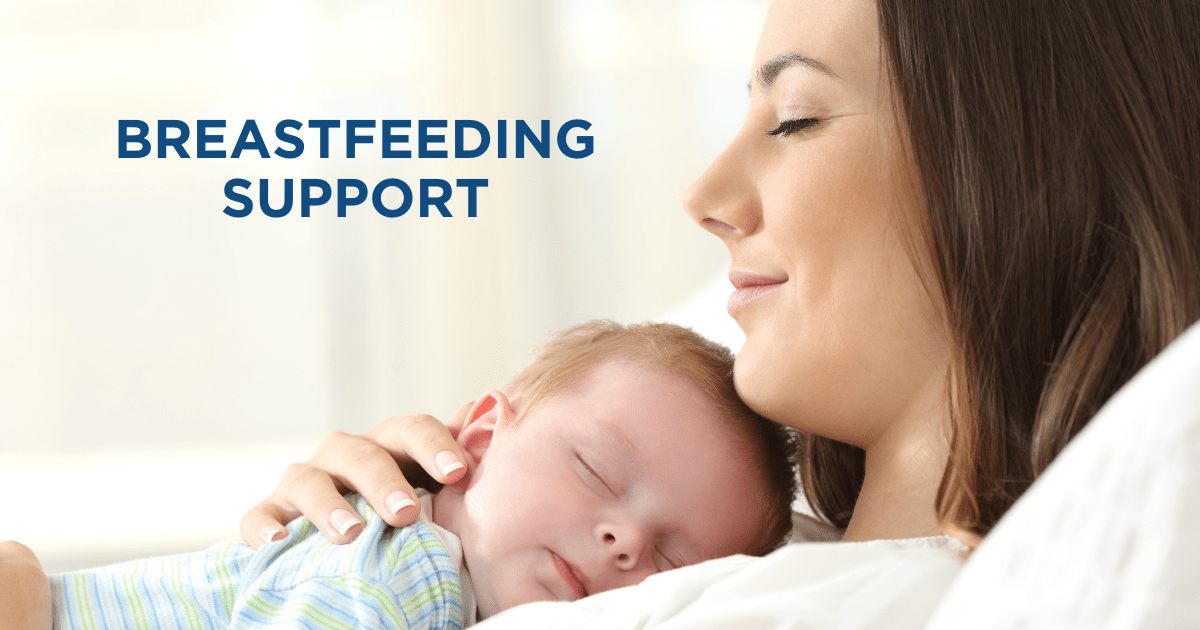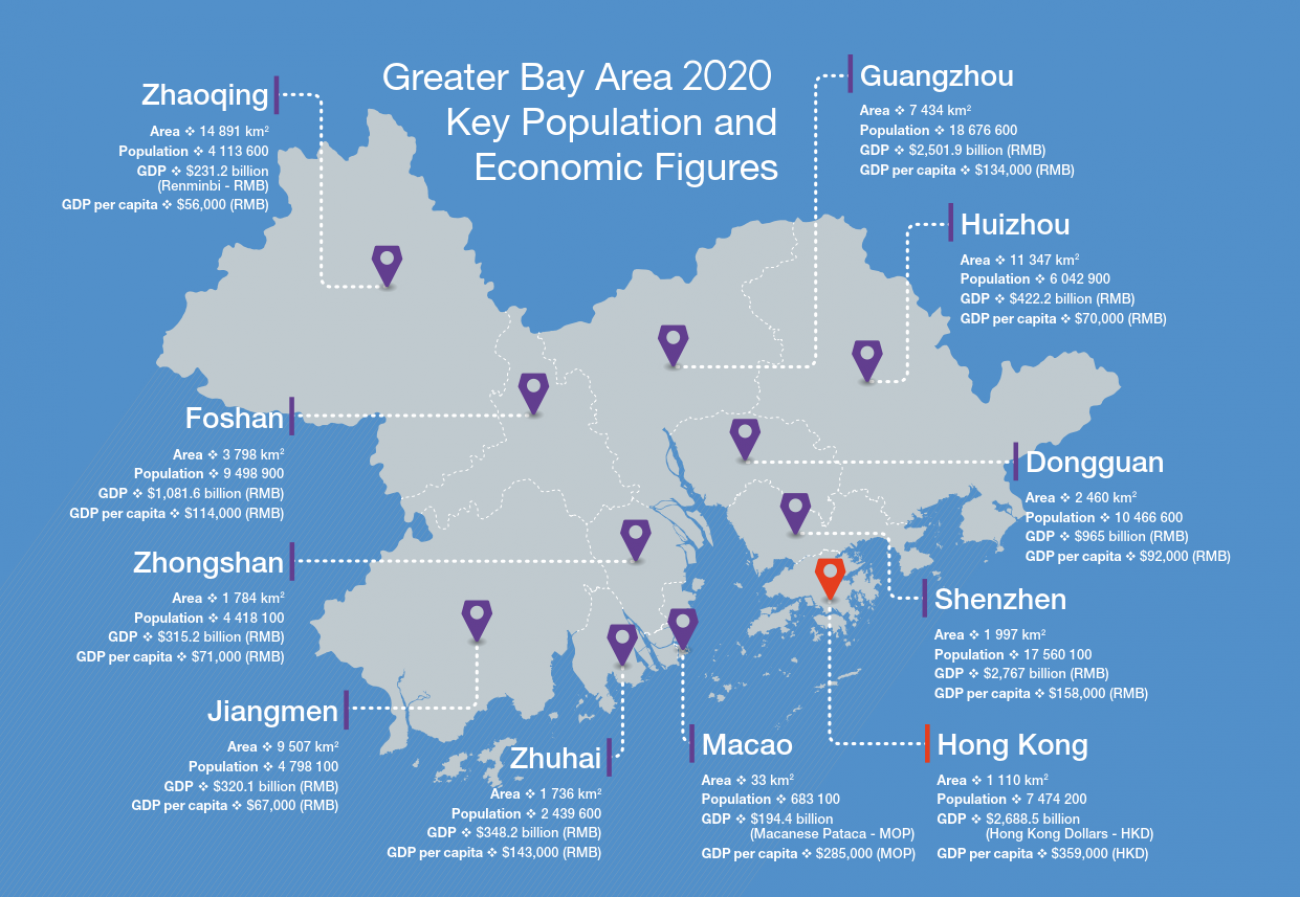
Understanding Neonatal Intensive Care Services in Hong Kong
Neonatal Intensive Care Units (NICUs) in Hong Kong provide critical care for premature babies and newborns with medical complications. These units are equipped with advanced technology like incubators, ventilators, and heart rate monitors to support babies who are not yet ready to thrive outside the womb. NICUs also offer specialized services such as respiratory support, feeding assistance, and continuous monitoring to ensure the baby’s health and development.
In Hong Kong, babies are admitted to NICUs based on factors like gestational age (less than 37 weeks) and birth weight (under 2.5 kg). The multidisciplinary team in NICUs includes neonatologists, nurses, respiratory therapists, and nutritionists who work together to provide comprehensive care. For example, the NICU at Queen Mary Hospital is known for its state-of-the-art facilities and experienced staff, while the Prince of Wales Hospital offers specialized care for extremely low birth weight babies.
Family support plays a crucial role in NICU care. Parents are encouraged to participate in their baby’s care through kangaroo care (skin-to-skin contact) and feeding sessions. The length of a NICU stay varies depending on the baby’s condition, ranging from a few days to several months.
Insurance Options for Premature Babies in Hong Kong
Insurance coverage for NICU care in Hong Kong includes both private insurance and government schemes. The Hong Kong Hospital Authority provides basic coverage for NICU services in public hospitals, but private insurance can offer additional benefits like private room options and faster access to specialized care.
Recent developments in newborn health insurance now allow coverage from day 0, which is crucial for premature babies who may require immediate NICU care. Private insurers like AIA and Prudential offer specific plans that cover NICU expenses, including hospital stays, medical procedures, and follow-up care. However, parents must understand the details of their policy, including deductibles, copayments, and coverage limits, to avoid unexpected costs.
Financial assistance programs are also available for families facing high medical expenses. For example, the Samaritan Fund and the Community Care Fund provide subsidies for low-income families to cover NICU-related costs.
Navigating the NICU and Insurance System in Hong Kong
Parents of premature babies often face challenges in navigating the NICU and insurance systems. Understanding medical terminology and treatment plans is essential for making informed decisions. Open communication with healthcare providers and insurance companies helps ensure that parents are aware of their options and rights.
Patient advocates and support groups, such as the Hong Kong Premature Baby Foundation, provide valuable resources and guidance. These organizations offer emotional support, financial advice, and practical tips for managing the NICU journey. Parents should also be aware of their legal rights, including the right to access medical records and appeal insurance decisions.
Long-term follow-up care is critical for premature babies, as they may face developmental delays or health issues later in life. Insurance plans that cover ongoing therapies and specialist visits are essential for ensuring the baby’s continued well-being.
Case Studies and Real-Life Examples
One family in Hong Kong shared their experience of having a baby born at 28 weeks weighing just 1.2 kg. Their baby spent three months in the NICU, with costs exceeding HKD 500,000. Fortunately, their private insurance covered most of the expenses, allowing them to focus on their baby’s recovery.
Another family relied on the Hospital Authority’s coverage but faced challenges due to limited resources in public hospitals. They turned to the Samaritan Fund for financial assistance and joined a support group to connect with other parents in similar situations.
These stories highlight the importance of insurance and community support in easing the financial and emotional burden of NICU care.
Future Trends and Developments in NICU Care and Insurance in Hong Kong
Advancements in neonatal medicine, such as improved ventilation techniques and personalized nutrition plans, are expected to enhance NICU care in Hong Kong. Insurance policies may also evolve to provide more comprehensive coverage, including mental health support for parents and long-term developmental therapies for premature babies.
Government initiatives, like increased funding for neonatal research and training, will further improve the quality of NICU care. International collaboration with leading neonatal centers worldwide can also bring innovative practices to Hong Kong.
Continuous education for healthcare providers and insurance professionals ensures that families receive the best possible care and support. By staying informed about these developments, parents can better navigate the NICU and insurance systems for their premature babies.



